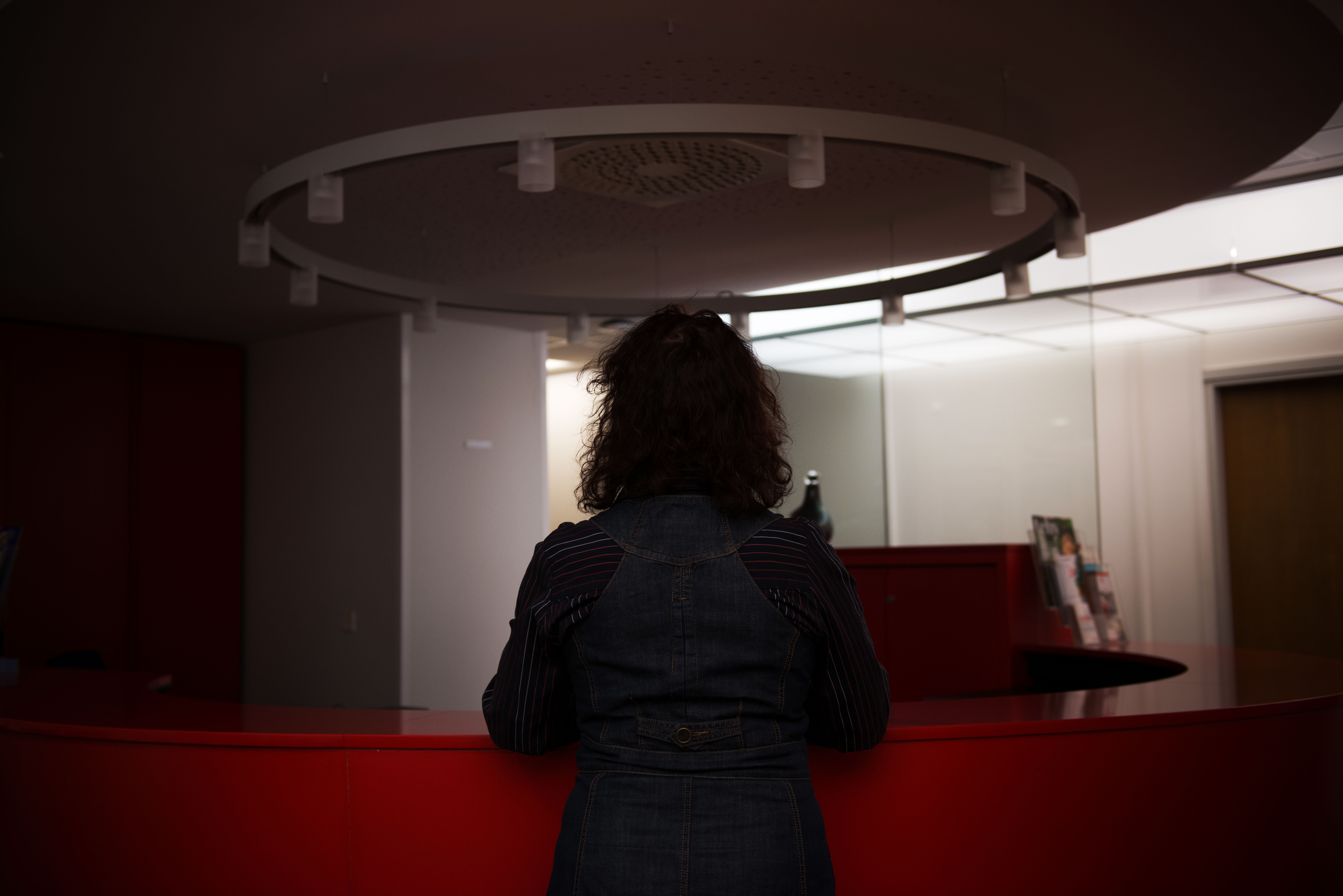
As a result of the population’s age structure and the low birth rate, Finland must increase international recruitment to safeguard the services provided by our welfare state and their funding.
It is therefore alarming that nearly a third of the working age population has identified conflicts or problems arising from cultural differences in their workplace. A total of 70 per cent stated that a language barrier presented a challenge in a multicultural working community. Other challenges included different ways of working and acting in working life (45%), cultural differences (43%) and prejudice (37%). A fifth of all respondents mentioned insufficient induction (24%).
This information was indicated in a survey conducted by Aula Research for the Finnish Confederation of Professionals (STTK) in April, which identified employees’ attitudes towards multicultural working life and colleagues with foreign backgrounds.
STTK’s Board of Directors sees that there is still much work to be done in working life in stopping racism and building equality. This is always a highly important theme, especially now that refugees from Ukraine, among other countries, are coming to work in Finnish workplaces. “Linguistic skills, sufficient induction and training are key to preventing and resolving any conflicts,” says Antti Palola, Chair of the Board of Directors.
Foreign colleagues are not equal members of the working community in every workplace. A quarter of all respondents have identified racism and discrimination. A third of respondents with a foreign background have experienced racism in working life.
“Nevertheless, what is positive is that 83 per cent of all respondents agree that rights in working life – wages, increments and working hours – should be the same for everyone for doing the same work. The trade union movement is working hard every day in various sectors to this end.”
Challenges and problems remain unresolved
Based on the survey, challenges resulting from cultural differences remain unresolved in many workplaces due to the complexity of the issue. According to STTK, working communities must not be left alone with these challenges, as they need concrete tools to resolve them. The survey indicates that practical plans and instructions are either missing, or they have not been communicated to employees.
“Talking about problems is considered difficult in working communities, which is why it is easier to keep your eyes closed. If supervisors and managers have insufficient skills or lack the time to resolve conflicts, it is only natural that prejudices and problems increase,” Palola says. Stopping racism and discrimination concerns every member of the working community, and everyone should be engaged in it together. STTK emphasises that the responsibility for a non-discriminating workplace and atmosphere ultimately rests with the employer.
STTK has opened the monikulttuurinen.fi website, which is a databank for workplaces, shop stewards and supervisors. The website includes instructions for dealing with racism, providing induction, and building a safer place to work.
Further information at STTK: Antti Palola, Chair, tel. +358 40 509 6030
STTK’s survey on multiculturalism and attitudes towards foreign co-workers in working life was responded to by 2,007 employees of at least 18 years of age from across Finland. The sample represents employees based on age, gender and region. The survey was conducted by Aula Research between 11 and 28 April 2022. The first part of the survey was published on 6 June 2022.
See the second part of the survey here: https://www.sttk.fi/materiaalit/selvitys-monikulttuurisuudesta-tyoelamassa-2022-osa-2/


